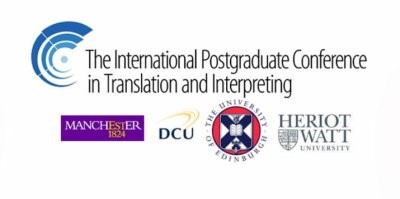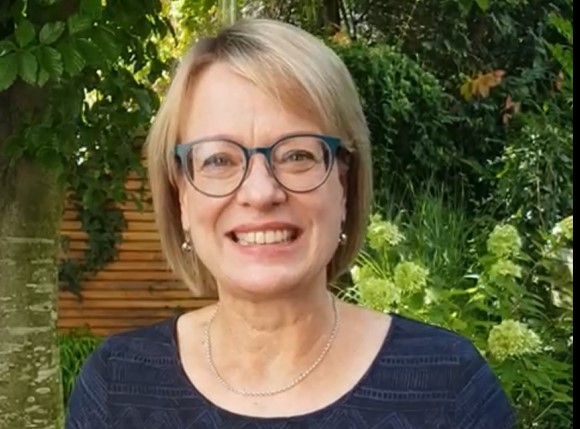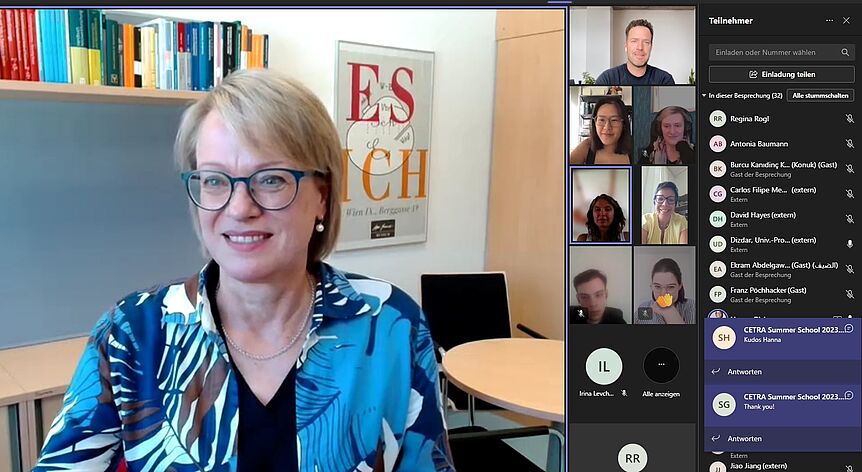Rethinking Translation Expertise: A Workplace Study (Retrex)
Rethinking Translation Expertise: A Workplace Study (Retrex)
FWF Stand-Alone Project
September 2021 - October 2025
Wider research context / theoretical framework
For several decades, there has been an ongoing discussion in translation studies about what it takes to be a good, competent or professional translator. The notion of translation expertise or competence has been theorized widely, with recent conceptualizations being mostly inspired by expertise studies in cognitive psychology. Empirical research in this area has mainly taken place in experimental settings and has resulted in valuable findings about the cognitive differences between translators with different levels of experience. However, the question of what translation expertise means in authentic workplace settings has so far been under-researched. To contribute to an understanding of how translation expertise is understood and constructed by working professionals, this research project is informed by translation workplace studies and approaches the topic from a qualitative, ethnographic perspective.
Hypotheses / research questions / objectives
The objective of this research project is to explore the working professionals' ‘lived’ translation expertise, which is assumed to differ from the established perspectives of translation process research. Experts are viewed as social actors that construct expertise in interaction with other social actors and tools, and the social, performative and situative aspects of expertise are placed in the foreground. It will be investigated how translation expertise is socially constructed and rationalized in the workplace, which kind of notions on expertise emerge and how they manifest themselves in day-to-day working life. This includes questions of possible contradictions between what people say they do and what they actually do, strategic interests underlying the expertise discourse and potential conflicts between different expertise constructions.
Approach / methods
To approach the emic perspective as closely as possible, the project follows an ethnographically oriented multi-case research design with a deep, multi-faceted analysis of a few selected translation agencies. To grasp different dimensions of lived expertise (actual workplace praxis, rationalizations of the social actors involved, normative descriptions), a combination of participant observations, interviews, focus groups and document analysis will be used to gather the data.
FIRE-TI 2022
From 17 to 19 February 2022 the Retrex team hosted the International Conference on Field Research on Translation and Interpreting: Practices, Processes, Networks (FIRE-TI) hold in Vienna. For more information, please visit the conference website: https://fireti.univie.ac.at/





